
Welcome to 2023: Another Year of Opportunity
Written by Meghan Carver, President of the PRSA Kansas Chapter
Hello, friend! I hope 2023 has brought you joy and fruitful reflection so far. This year, alongside our president-elect Ti’Juana Hardwell, I hope to lead the PRSA Kansas chapter with intention, humility and a heart for service. I’m a big fan of remaining grounded in your “why”, so I’d like to start the year by sharing mine with you.
Eight years ago, I was eager to start as a bright-eyed, bushy-tailed freshman at Wichita State. I had one goal for college: focus on my career so I could land a job before graduation.
PRSSA was the first student organization that met my much-too-high expectations. I would learn from upperclassmen, network with Wichita-area professionals, travel to professional development conferences across the nation and experience leading as PRSSA president with the help of my incredible advisor, Eric Wilson.
I invested in relationships that eventually became colleagues, friends (shoutout to fellow board members Ashtyn and Madison), supervisors (looking at you, Cynthia) and mentors (Wendy and I still grab lunch, which we need to do again soon). I graduated with wonderful memories, a strong foundation for my career and an invitation to join PRSA.
I continue my work in this organization not only because it gave so much to me, but because communicators play a critical role in our communities. Communicators have near final say in the messages organizations put out into the world – down to the syllable.
They shape how, when and if we think about vital issues like politics, health, education, the products we consume and services we employ. It is critical that professionals like us are equipped with the tools, resources and connections we need to best inform our stakeholders. That means mentoring the next generation of communicators diverse in thought and background, testing our knowledge through accreditation, bringing critical thought to conversations about ethics and asking questions to develop an impactful strategy. I believe that means joining PRSA.
Whether marketing, communications, social media or PR is in your title or not, take this as your formal invitation: engage with PRSA Kansas! Our board is dedicated to advancing you and your organization through networking, programming and education.
Soon, I’ll share our key goals for 2023 with the hope that you hold us accountable, and, if you feel so moved, help us reach them. In the meantime, please feel free to reach out via email at meghancarver@hotmail.com. I’d love to hear from you and connect you with our outstanding board members!
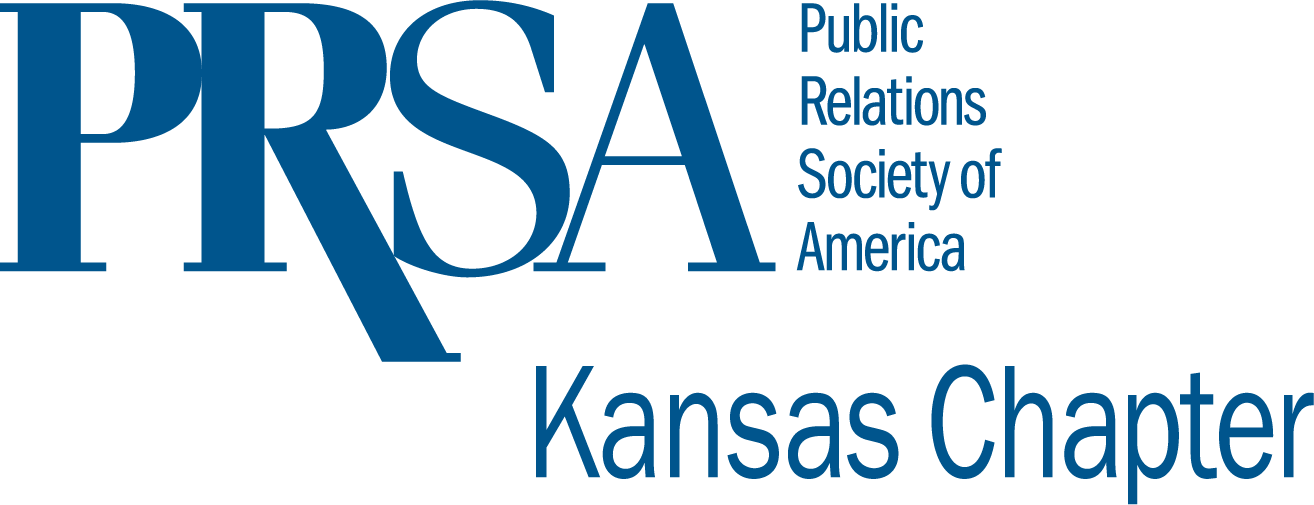

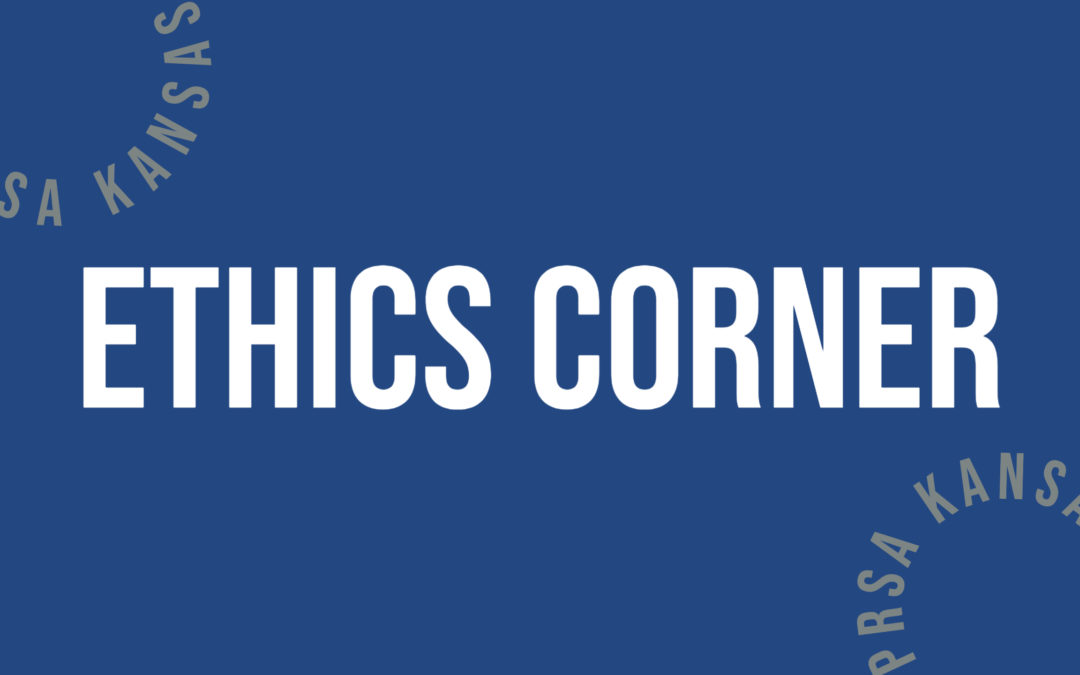
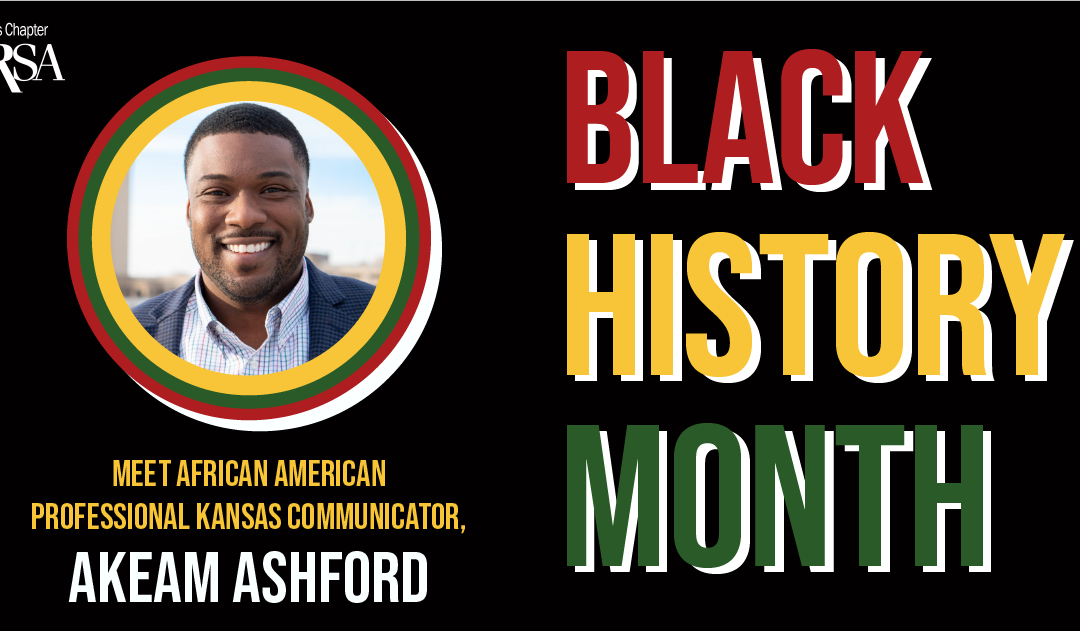
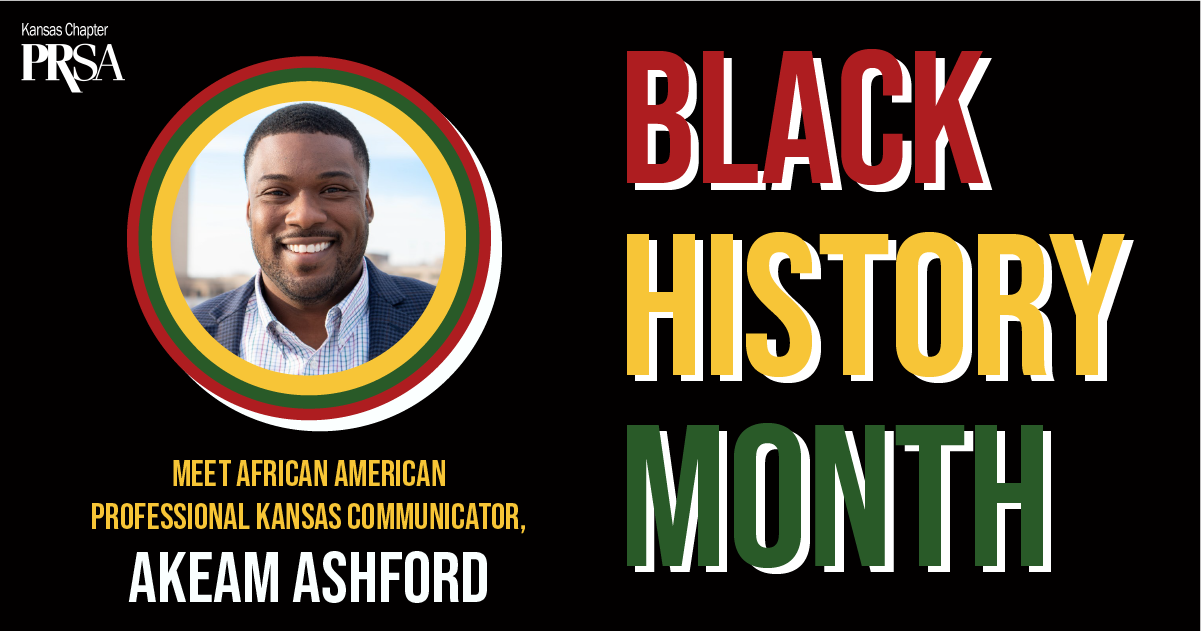
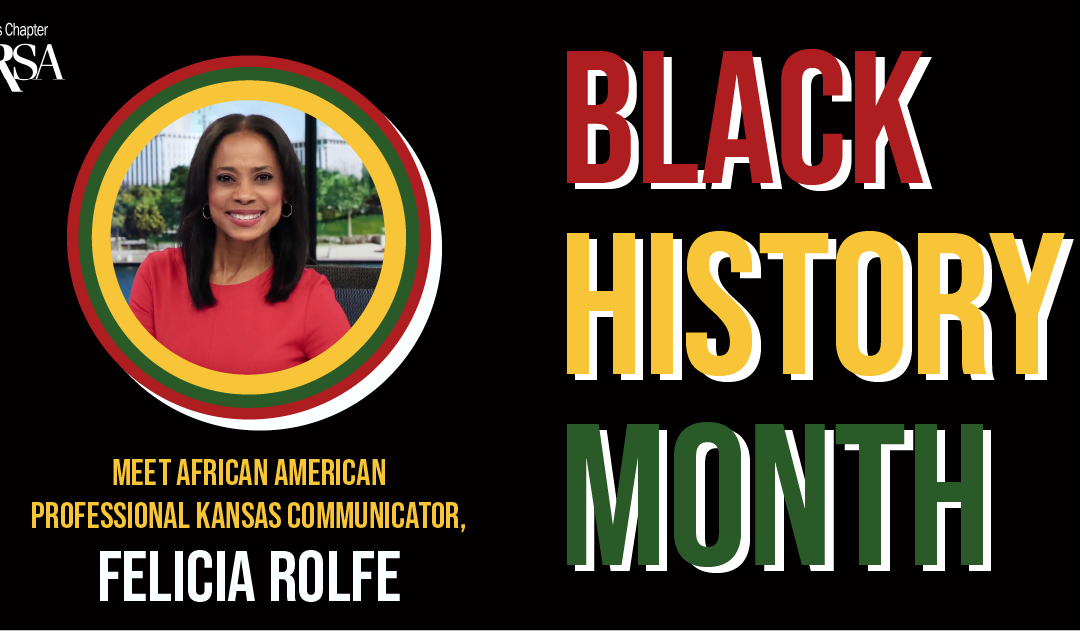
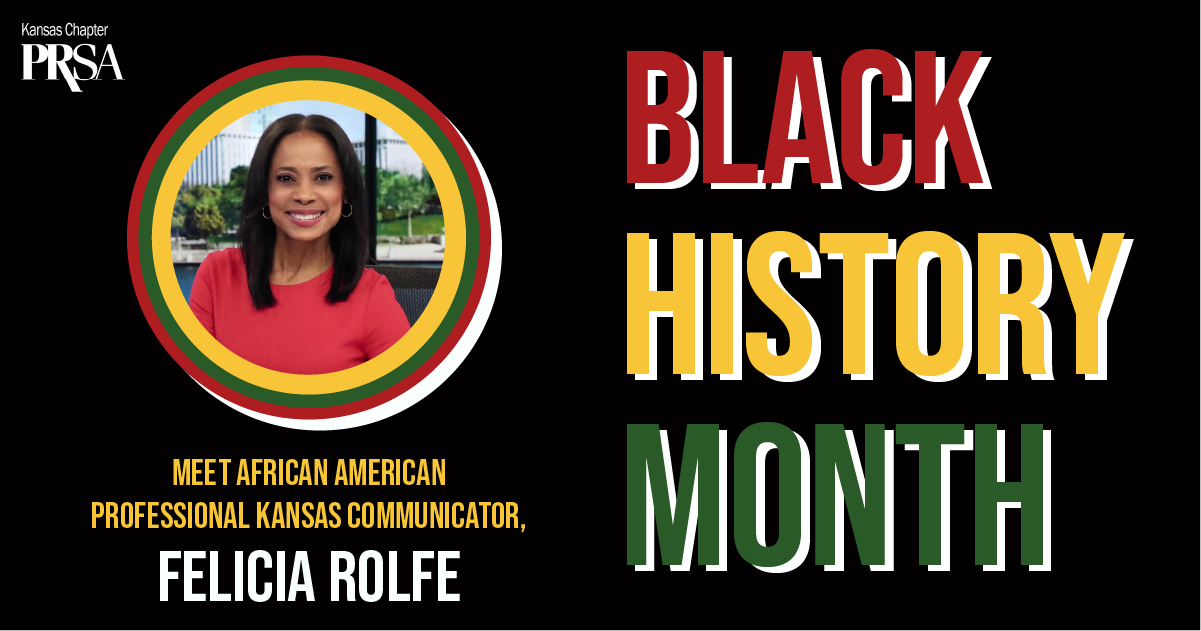
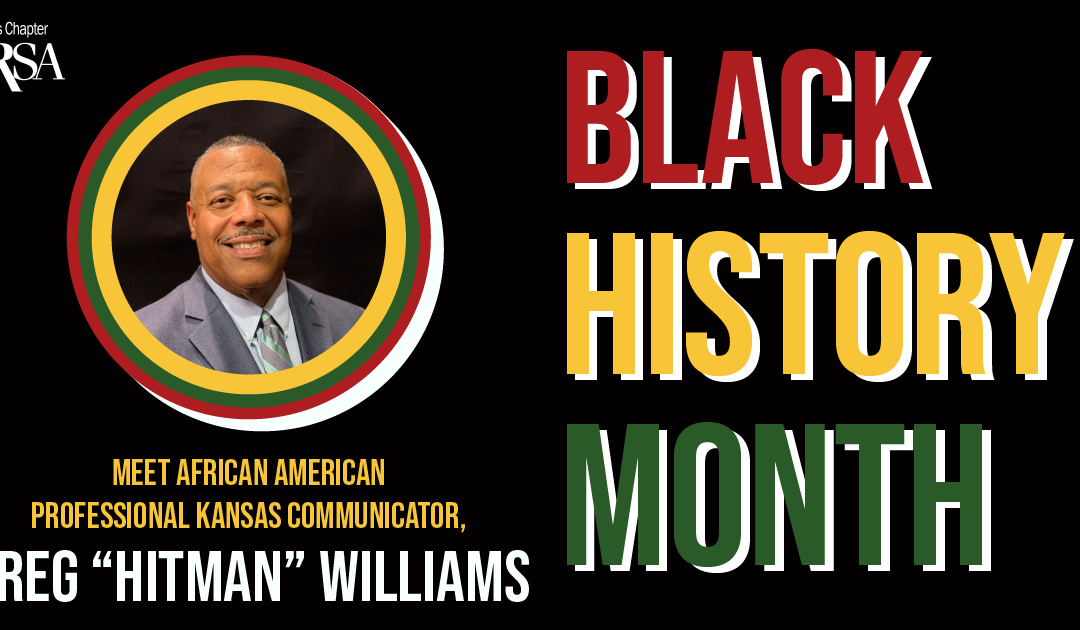
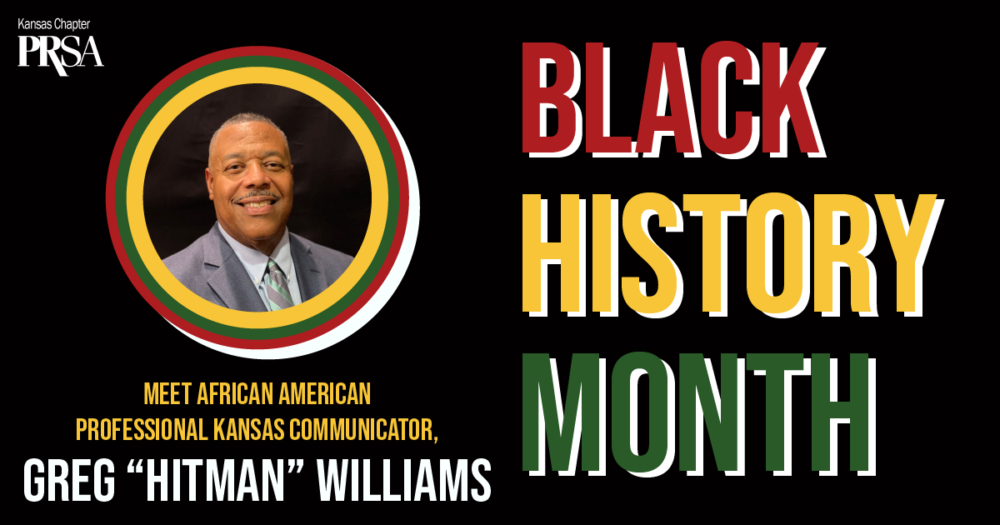
Recent Comments